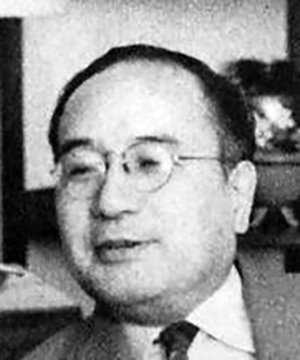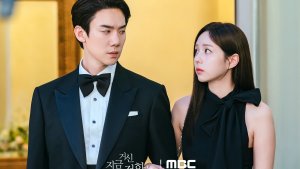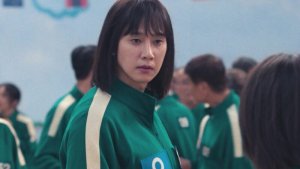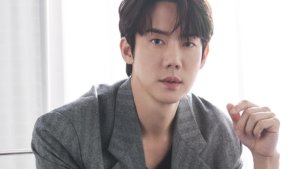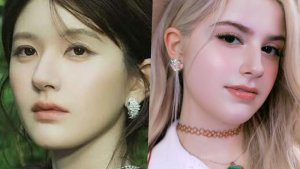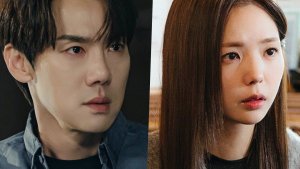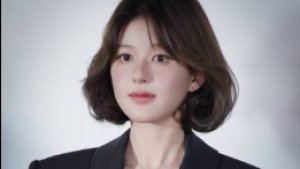Horiuchi Keizo
- Name: Horiuchi Keizo
- Native name: 堀内敬三
- Also Known as: Horiuchi Keizou, Yasutani Shizuo, ほりうち けいぞう, 安谷鎮雄
- Nationality: Japanese
- Gender: Male
- Born: December 6, 1897
- Died: October 12, 1983
He was the third son of Horiuchi Iataro, the owner of "Asada Ame". However, he abandoned his inheritance rights to Asada Ame at the age of 34, when he became a lecturer at the Faculty of Arts, Nihon University.
He graduated from Tokyo Higher Normal School Attached Elementary School and then from Tokyo Higher Normal School Attached Middle School in 1915. Throughout elementary and middle school, he studied music under Tamura Torakura. During his time at the school, around 1912, he was influenced musically by his relative Futami Kohei, a student at Tokyo Imperial University.
When he failed the entrance exam for the Second Higher School and was leading a life as a ronin, in 1916, he founded the first music criticism magazine in Japan, "Ongaku to Bungei." Although he had aspirations to pursue a career in music at the time, he did not receive support from his family to study music. In 1917, he went to the United States, where he majored in mechanical engineering at the University of Michigan to study automotive engineering, which was related to his love for steam locomotives. He also studied composition under Earl Vincent Moore and music history under Albert Augustus Stanley at the University's School of Music and participated in the choir.
In 1921, he entered the Master's program in applied mechanics at the Massachusetts Institute of Technology (MIT), where he majored in applied mechanics. In 1922, he traveled to Europe from June to September, visiting London, Berlin, Paris, Belgium, the Netherlands, Germany, and Italy.
In 1923, he graduated from the Master's program in applied mechanics at MIT and obtained a master's degree in mechanical engineering, returning to Japan to find that his belongings had been destroyed in a warehouse fire in Yokohama due to the Great Kanto Earthquake. His family home in Kanda was also destroyed by fire. As a result, he had to give up his dream of returning to the United States to become a researcher. He became the representative director of an automobile repair shop established by his father as a joint venture, but he was passionate about music and engaged in translation, composition, lyrics, broadcasting, and music education. In 1926, he was allowed by his father to pursue a career in music after the hit "Young Blood," which he composed and wrote lyrics for, and he became the chief of Western music at NHK.
From 1935, he served as the head of the music department at the Shochiku Kamata Studio and concurrently as a professor at Nihon University.
In 1936, he became the publisher of "Gekkan Gakufu." In February 1938, he became the chief editor of "Ongaku Sekai." On September 28 of the same year, he resigned as a professor at Nihon University. On October 31 of the same year, he resigned as the head of the music department at the Shochiku Ofuna Studio. In November 1941, he merged "Gekkan Gakufu," "Ongaku Sekai," and "Ongaku Kurabu" to create "Ongaku no Tomo" and established Nihon Ongaku Zasshi Kabushiki Kaisha, becoming its director and president.
In 1947, he became the first chairman of the Japan Music Writers Association (now the All-Japan Music Writers Association).
He passed away on October 12, 1983, at the age of 85 due to pneumonia.
(Source: Japanese = Wikipedia || Translation = MyDramaList) Edit Biography
Composer
| Title | Rating |
|---|---|
| Woman in the Mist | 5.5 |
Trending Articles
'When the Phone Rings' sparks outrage for misrepresentation of Israel-Palestine conflict
News - Jan 5, 2025
A scene from the final episode of When the Phone Rings sparks outrage among international viewers
Zhao Lusi breaks silence on suffering from depression and physical abuse
News - Jan 1, 2025
Zhao Lusi publishes a post on her Weibo explaining all she has been going through
'Squid Game Season 2' Park Sung Hoon under controversy for an adult material post on Instagram
News - Dec 30, 2024
Park Sung Hoon is getting criticized for an Instagram story he posted.
'When the Phone Rings's Yoo Yeon Seok on why the K-drama became immensely popular
News - Jan 6, 2025
Read the interview excerpts of When the Phone Rings actor Yoo Yeon Seok
Chinese actress Zhao Lusi, global girl group VCHA's KG, and the so-called 'slave contracts'
Editorials - Jan 5, 2025
Chinese actress Zhao Lusi's plight mirrors that of global girl group VCHA's KG, but the two women are on the opposite end of the spectrum
'When the Phone Rings' scores new personal-best ratings
News - Jan 4, 2025
Check out the ratings of Friday-Saturday K-dramas When the Phone Rings and Love Scout
Zhao Lusi's company's former CEO denies abusing the Chinese actress
News - Jan 2, 2025
Read the full statement from Zhao Lusi's company's former CEO responding to allegations of him abusing her
Winners of MBC Drama Awards 2024 unveiled
News - Jan 6, 2025
Check out the full list of winners of the MBC Drama Awards 2024

